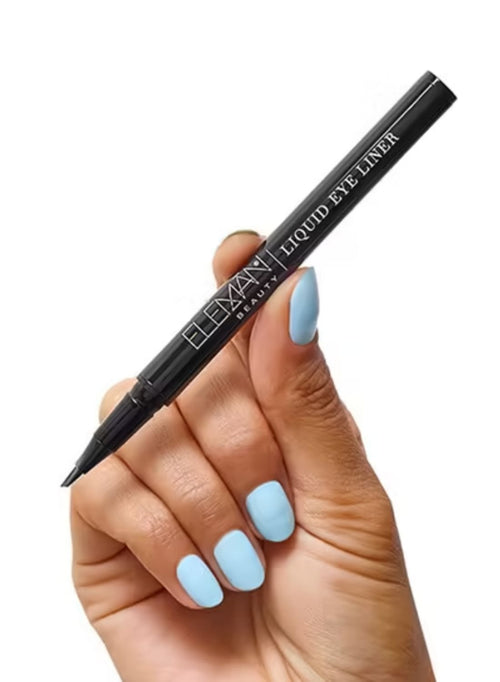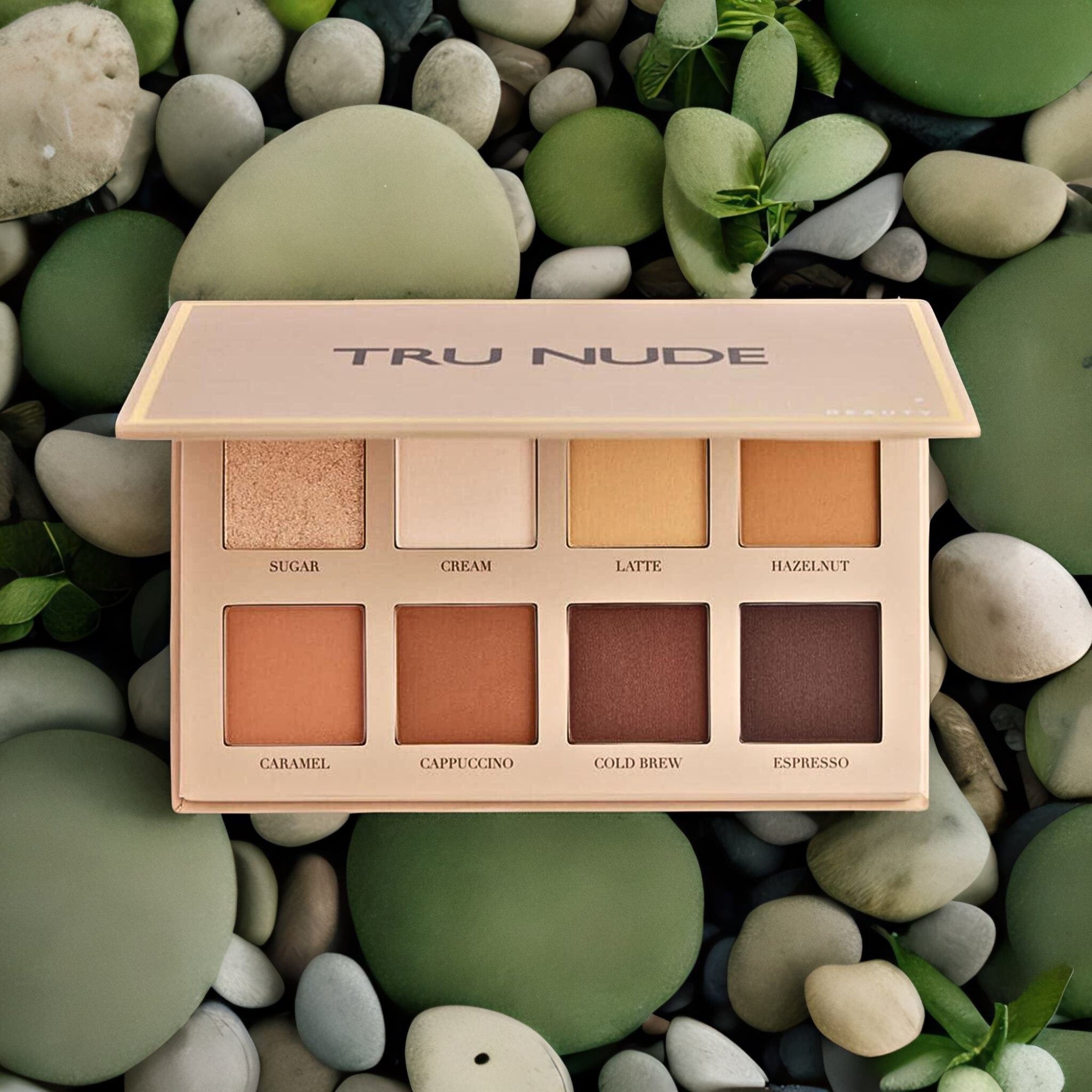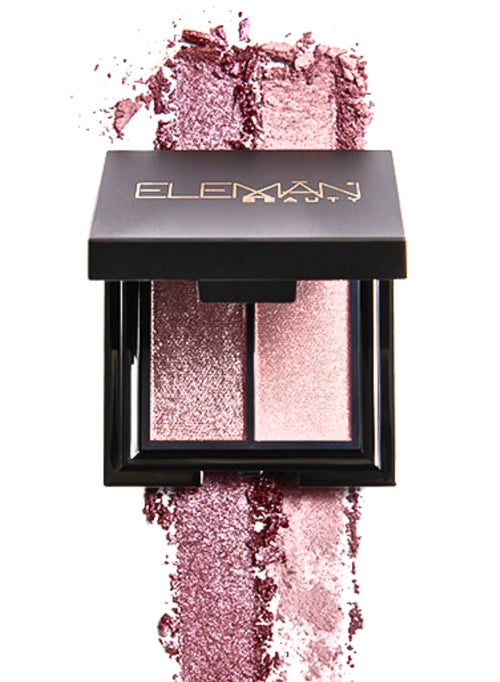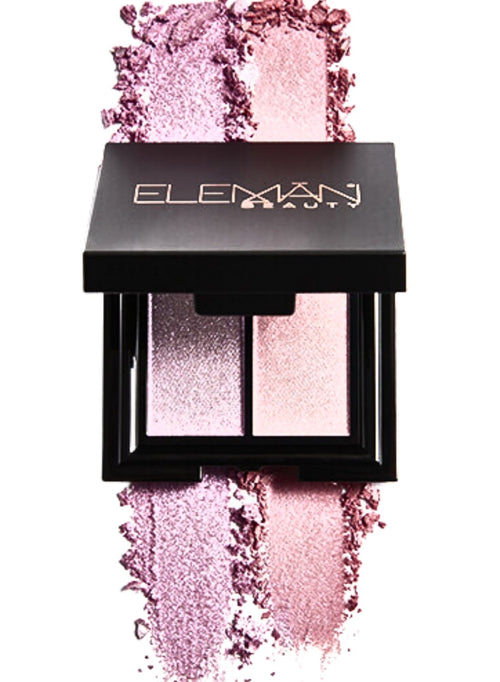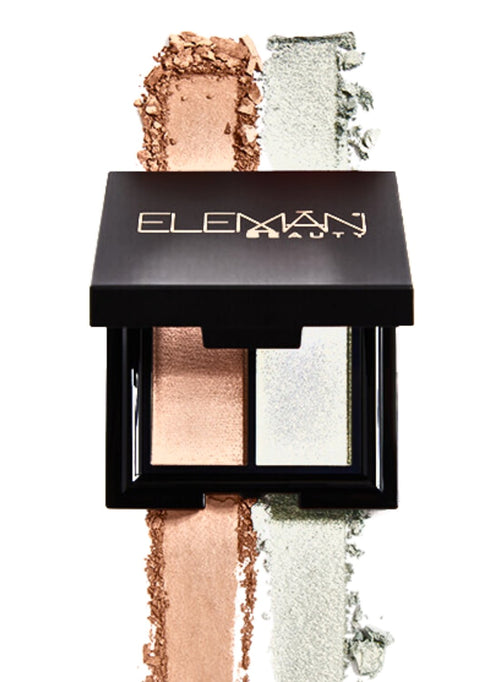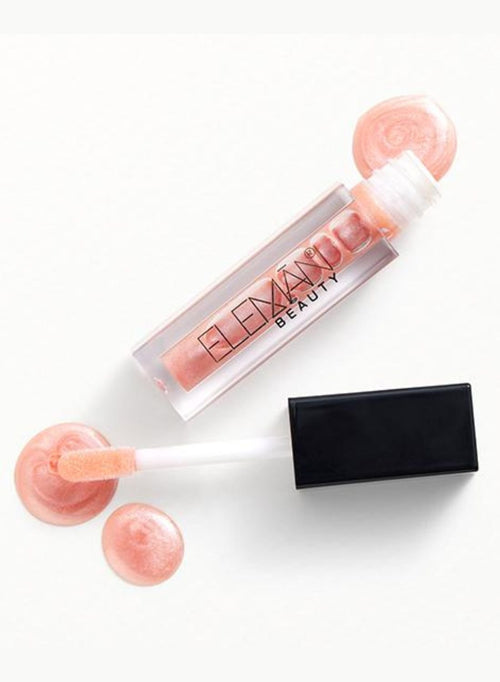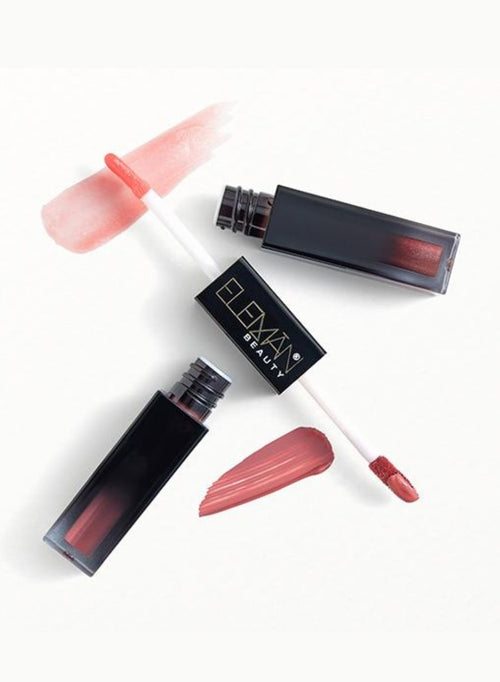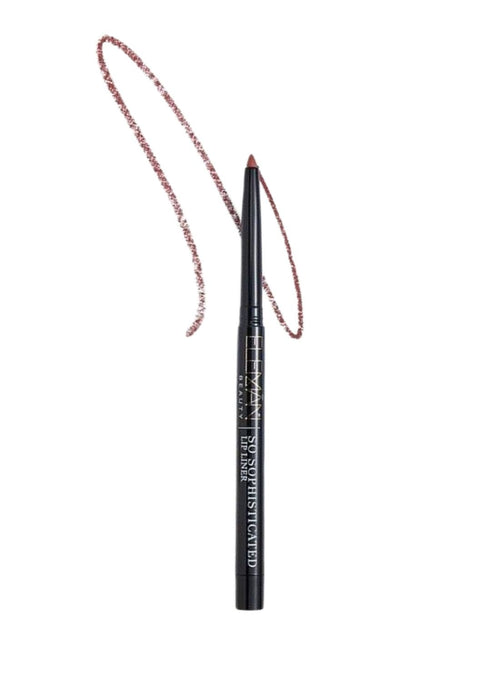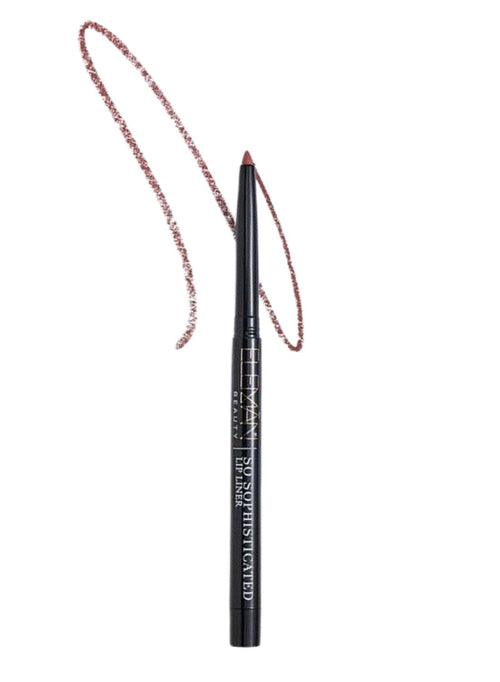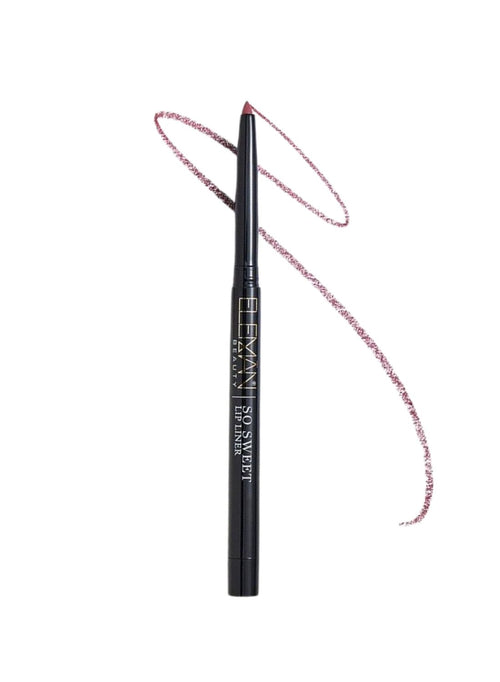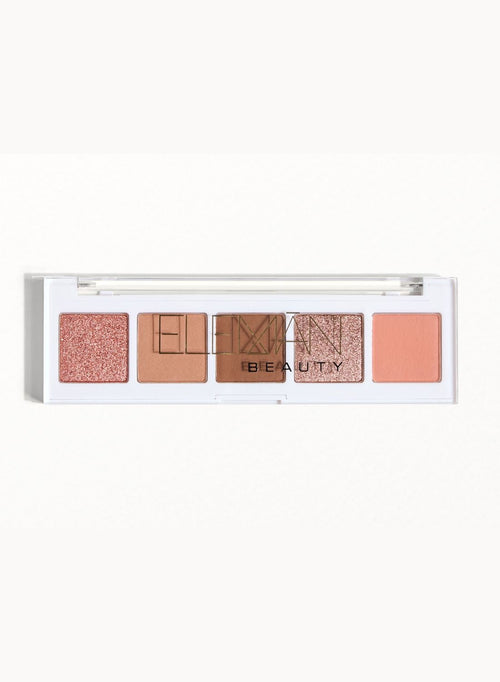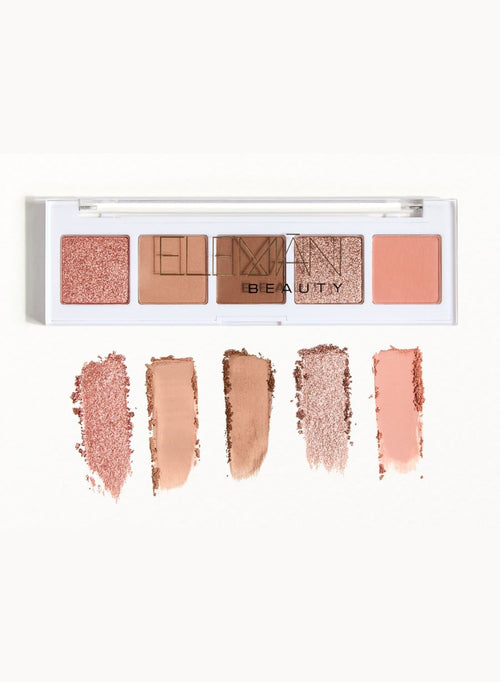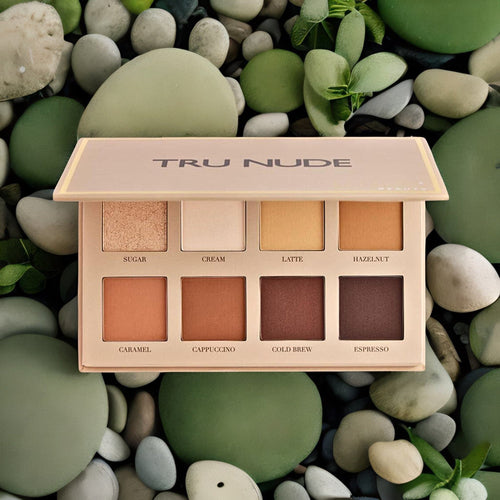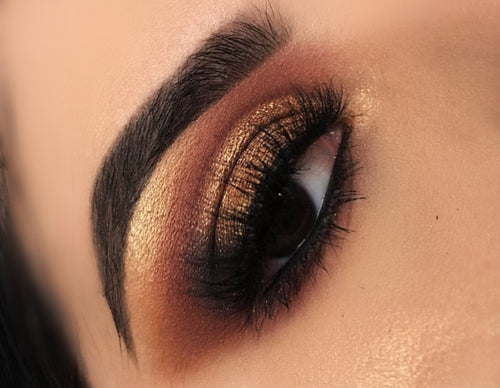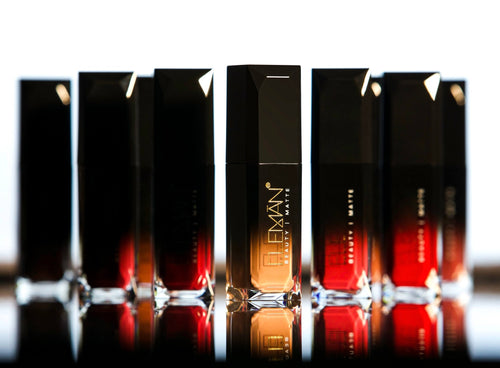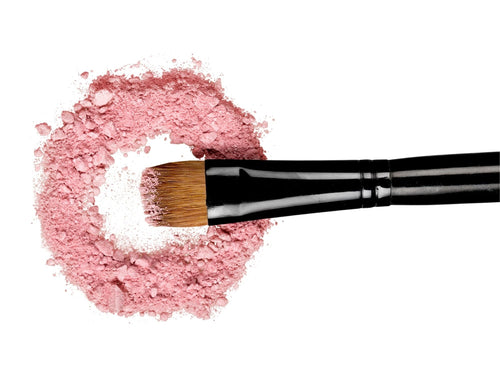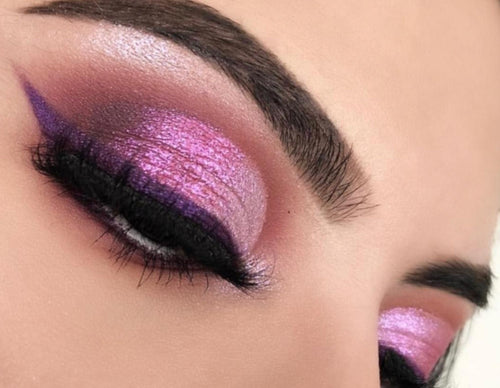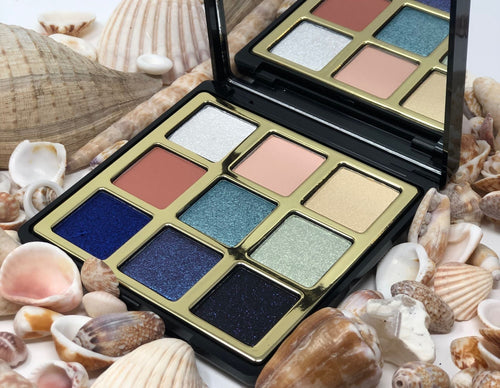Free shipping on all orders over $35
The Importance of Cleaning Your Makeup and Makeup Brushes: A Guide to Glowing Skin
When was the last time you cleaned your makeup or washed your makeup brushes? If you’re like most people, it’s probably been a while. In the hustle and bustle of everyday life, it’s easy to forget that these tools, which are so integral to our beauty routines, need just as much attention as our skincare products. But neglecting to keep your makeup and brushes clean can have a surprising impact on your skin, makeup application, and overall health. Let’s dive into why cleanliness in your beauty kit matters more than you might think!
1. Protect Your Skin from Breakouts and Irritation
Makeup brushes, sponges, and other tools come into direct contact with your skin and pick up natural oils, dead skin cells, and any residual product on your face. Over time, these elements build up and turn your beauty tools into a breeding ground for bacteria. When you apply your makeup the next day with that same dirty brush, you’re reintroducing those bacteria, which can clog pores and cause breakouts, redness, or even infections.
Similarly, the surfaces of makeup products—especially creams, foundations, and powders—can collect bacteria from unclean brushes or fingers. This makes it crucial not only to clean your tools but also to ensure that the makeup itself stays fresh and safe to use.
2. Achieve a Smoother, Flawless Application
Ever noticed your foundation looking streaky or your eyeshadow blending poorly? Dirty brushes could be the culprit. Residual product buildup on your tools affects how they pick up and distribute fresh makeup. This can lead to uneven application, patchy coverage, or colors that don’t pop the way they should.
A well-cleaned brush, on the other hand, offers a much smoother, even application. It will pick up just the right amount of product and blend it seamlessly, helping you achieve that flawless, airbrushed finish we all crave.
3. Extend the Life of Your Makeup Products
When you use dirty brushes, oil and bacteria transfer onto your makeup products. This not only changes the texture and quality of your makeup but can also shorten its lifespan. Contaminated makeup might develop an off-putting smell or change consistency, making it unsafe to use.
Regularly cleaning your brushes and sponges minimizes contamination, ensuring that your makeup stays fresh and performs well over time. It’s an easy way to protect your investment and get the most out of your favorite products.
4. Reduce the Risk of Eye and Skin Infections
Using dirty brushes near sensitive areas like your eyes and lips poses a serious health risk. Bacteria from unclean tools can cause a range of problems, from mild irritations like redness and itchiness to severe infections like conjunctivitis or cold sores. Some bacteria can even lead to styes or exacerbate conditions like eczema or rosacea.
Makeup cleaning isn’t just about appearance—it’s a vital step for your health and well-being. Being diligent about it ensures you’re not inadvertently exposing yourself to unnecessary risk.
5. Practice Better Hygiene in Your Daily Routine
We’re all mindful of washing our hands, sanitizing our phones, and ensuring cleanliness in our homes. Why should makeup be any different? Clean beauty isn’t just a buzzword—it’s about adopting habits that promote hygiene and overall skin health. Just like you wouldn’t use the same face towel indefinitely, you shouldn’t go weeks or months without cleaning your brushes and sponges.
It might seem like a hassle, but once you get into the routine of cleaning your tools regularly, it becomes second nature. Your skin will thank you for it!
How Often Should You Clean Your Makeup and Brushes?
- Foundation and Concealer Brushes: Clean at least once a week. These brushes often hold onto creamy products that can become a breeding ground for bacteria.
- Eyeshadow Brushes: Wash every 1-2 weeks. This helps maintain color integrity and prevents unwanted color mixing.
- Powder and Blush Brushes: These can be cleaned every 2-3 weeks, as they handle dry products.
- Sponges and Blending Tools: Ideally, wash after every use. Sponges are more prone to trapping bacteria because of their porous nature.
- Makeup Products: Wipe down surfaces with a sanitized cloth every week, and replace them as recommended—most products have a shelf life indicated on the packaging.
Tips for Effective Cleaning
- Use Gentle Cleansers: Baby shampoo, mild dish soap, or dedicated brush cleaners work well.
- Avoid Soaking the Entire Brush: Keep water away from the base of the brush head, as this can weaken the glue holding the bristles in place.
- Dry Brushes Upside Down: This prevents water from seeping into the handle and causing damage.
Final Thoughts: Clean Brushes, Clear Skin, Happy You!
Taking a few extra minutes to clean your makeup and brushes is a small investment for a huge payoff. You’ll not only ensure your makeup looks its best but also protect your skin and overall health. So, set a reminder, get into the habit, and let cleanliness become your new beauty mantra!
Remember: Clean tools, clear skin, and the confidence to put your best face forward—literally! ✨
